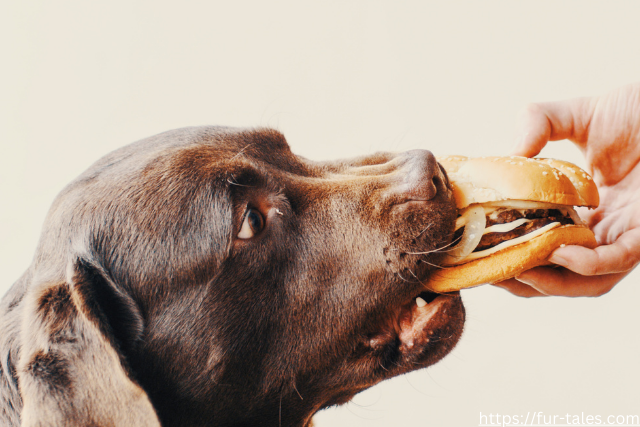
Cheese for Dogs: Healthy Snack or Trouble in Disguise?
Cheese—creamy, savory, and irresistible. Whether you’re making a sandwich, snacking on cheddar, or tossing your dog a tiny cube during training, it’s easy to assume that what’s tasty for us is tasty (and safe) for them. But when it comes to our canine companions, is cheese a healthy treat or a sneaky troublemaker?
Let’s explore the pros, cons, and best practices of giving cheese to your dog.
The Benefits of Cheese for Dogs
In moderation, cheese can actually offer some health perks for dogs:
Protein & Calcium
Cheese is rich in protein and calcium, both essential for maintaining strong muscles and bones in dogs.
Training Tool
Many trainers use cheese as a high-value reward. Its strong smell and taste can capture a dog’s attention quickly, making it great for reinforcing good behavior.
Disguising Medication
Have a pill-hating pup? A soft bit of cheese can be an easy and effective way to hide medications.
The Potential Problems with Cheese
Despite its perks, cheese isn’t a one-size-fits-all treat. Here’s what you should be cautious about:
Lactose Intolerance
Some dogs, like some humans, are lactose intolerant. This means their digestive system doesn’t properly break down lactose, the sugar found in dairy. This can lead to:
- Gas
- Diarrhea
- Bloating
- Upset stomach
If your dog experiences any of these symptoms after eating cheese, it’s best to cut it out entirely.
High Fat Content
Cheese is high in saturated fats, which can contribute to:
- Obesity
- Pancreatitis (a painful and potentially dangerous inflammation of the pancreas)
Low-fat cheese varieties are a better option if you’re looking to indulge your pup without overdoing it.
High Sodium
Some cheeses (like feta or blue cheese) are particularly high in salt, which isn’t good for your dog’s heart, kidneys, or blood pressure. Excessive sodium can also cause dehydration.
What Kinds of Cheese Are Safe for Dogs?
If your dog handles cheese well and you want to offer it occasionally, opt for these safer, healthier choices:
- Mozzarella – Lower in fat
- Cottage cheese – Low-fat and easier to digest
- Cheddar – Popular and generally tolerated in small amounts
- Swiss – Mild flavor and lower in lactose
How Much Cheese Can Dogs Eat?
Moderation is key. Cheese should only make up less than 10% of your dog’s daily caloric intake and should be used as an occasional treat, not a daily staple.
A few safe serving tips:
- Dice small pieces for training rewards
- Use cheese sparingly for pill-hiding
- Don’t feed it daily or in large quantities
Image Source: Canva
